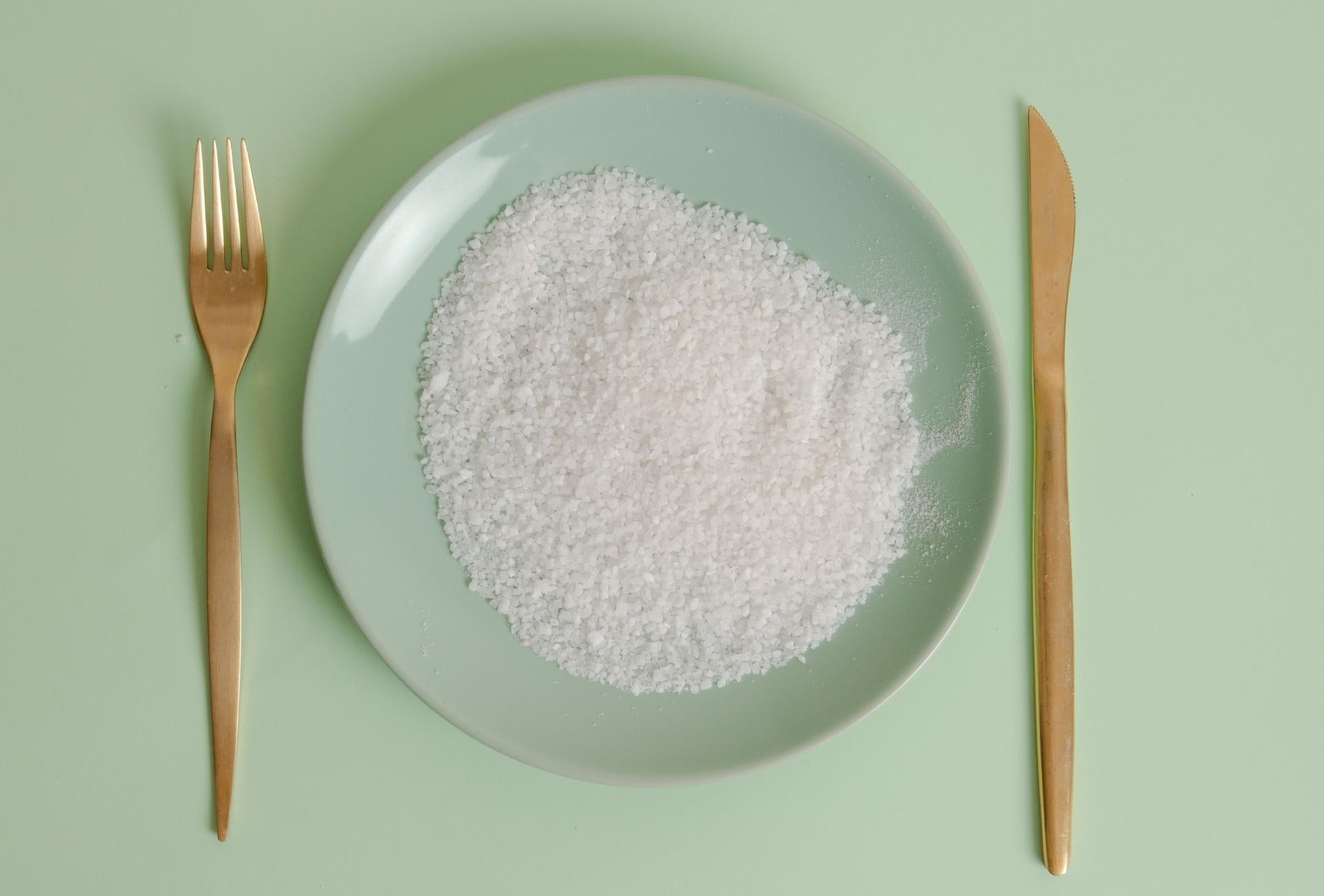Salt is often considered harmful, but on the contrary, it carries some of the most essential minerals for our bodies. Minerals found in salt, such as iodine, magnesium, and potassium, contribute to the proper functioning of our hormones and thus our bodily functions.
Salt is often considered harmful, but on the contrary, it carries some of the most essential minerals for our bodies. Minerals found in salt, such as iodine, magnesium, and potassium, contribute to the proper functioning of our hormones and, consequently, our bodily functions. Let's talk about some interesting facts you might not know about salt!
The Essential Mineral We All Take for Granted
Salt, chemically known as sodium chloride, is essential for our bodies to function healthily. So, what does salt provide?
Salt maintains the electrolyte balance in our bodies. The sodium in salt helps transmit electrical signals necessary for cells to function correctly. Additionally, sodium helps maintain fluid balance in the body and aids in regulating blood volume. These are the most important functions. While salt has many great properties, it should be consumed with caution. It is important to adhere to the recommended daily amounts.
A Journey Through Time: The History of Salt
The presence of salt has contributed to the development of civilizations. Roman legions were once paid with salt, which is why the word 'salary' comes from the Latin word for salt.
The excessive taxes on salt were a factor in causing the French Revolution. Before the revolution, salt was sold at twenty times its production cost.
In the Middle East, salt was used in ceremonies. In Africa, it was used as currency, and empires engaged in salt trade grew rapidly.
In addition to all these significant impacts, people used salt as the best preservation method for centuries before artificial refrigeration was invented.

The Science Behind Salt and Its Chemical Properties
Salt is a unique substance due to its chemical structure. Here are the properties that make it unique:
- Salt is an ionic compound composed of sodium (Na) and chloride (Cl) ions. This type of bonding gives salt its high melting and boiling points.
- The cubic crystal structure of salt gives it its distinct crystalline shape.
- Salt helps maintain the body's osmotic balance and ensures electrolyte balance.
- Sodium facilitates the transport of nutrients and other substances across cell membranes.
- These properties make salt one of the most essential minerals for our bodies, making it unique.
Culinary Uses of Salt Beyond Seasoning
- Salt absorbs excess water in food, preventing the growth of bacteria and keeping it preserved for a long time. Before artificial refrigeration methods were developed, people used this property of salt to preserve food for extended periods.
- Salt is used as a flavor enhancer in cooking. It accentuates and balances flavors.
- Salt alters the protein structure of meat. There are salting methods to achieve more tender and juicy meat.
- Adding salt to boiling water when cooking vegetables helps them retain a more vibrant and bright color.
- Pickles and fermented foods rely on salt to promote the growth of lactic acid bacteria, which is essential for fermentation.
- Salt affects the cooking time of food by raising the boiling point of water
Unusual Uses of Salt You Haven't Heard Of
Contrary to popular belief, salt is not only used in cooking.
- Road Salt: During winter, the most common option for ensuring road safety due to ice formation is salt.
- Animal Feed: The use of salt for animals is as important as it is for humans. Specially produced salt licks in block form are made for animals. Additionally, salt is prepared to be mixed into animal feed.
- Water Softening: Calcium and magnesium ions in water cause hardness. These ions are replaced with sodium. Salt tablets are commonly used for these water softening processes.
- Drilling Operations: Drilling salt is used as an additive in the petroleum industry for drilling operations. It is produced in granular salt sizes.




